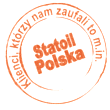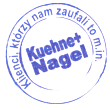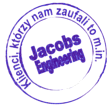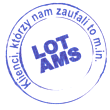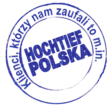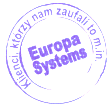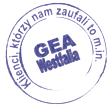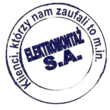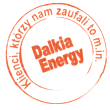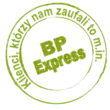Obligation to appoint a DGSA adviser
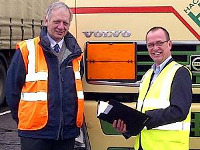
The entrepreneur must fulfil this obligation, i.e. to employ a DGSA advisor, in the event that he is obliged to do so by law. The provisions of the Law on the Transport of Dangerous Goods by Road stipulate that companies and other entities carrying out work of this kind or work related to transport, i.e. loading and unloading, must carry out internal supervision and are obliged to appoint a safety advisor for the transport of dangerous goods. They must do this at their own expense. There should be at least one DGSA adviser in the workplace as required.
The provisions do not apply to those entrepreneurs and those who carry out the transport of dangerous goods and loading and unloading in cases where the ADR agreement does not require the vehicle to be marked (orange plates are used) - this applies to small quantities of dangerous goods in smaller quantities.
In the case of failure to appoint a DGSA adviser, a company or entity dealing with hazardous materials faces a fine of PLN 5 000. The ADR regulations indicate that the penalties may be cumulative, so their overall amount may be higher, for instance, if it is discovered that the employees handling and transporting dangerous goods are not duly authorised to do so.





















